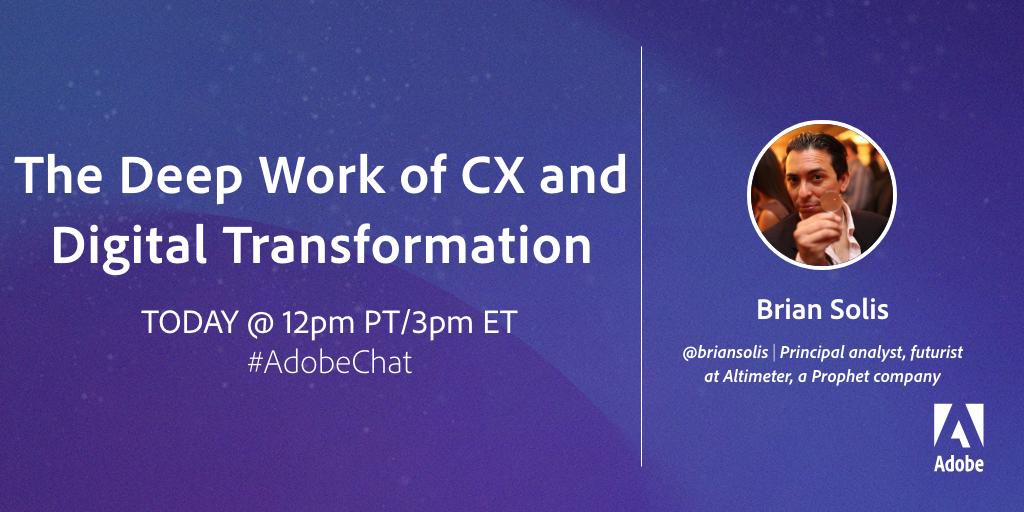
On 16 April 2019, I was invited by my dear friend Ross Quintana to join the popular, weekly Adobe series “#AdobeChat.”
I have to say that it was one of the fastest hours I’d experienced in a long time. In this conversation, we, along with countless forward-thinking executives, discussed “The Deep Work of CX and Digital Transformation.” Of course, I peppered in a bit about Lifescale and how it affects employees and customers.
Below, I’ve collected Adobe’s questions along with my answers to share with you here. There are also, hundreds of exceptional responses that are also worth your time.
I hope this helps you in your work…
—
Hello! Thank you for having me as your guest today! #AdobeChat @Adobe @AdobeExpCloud
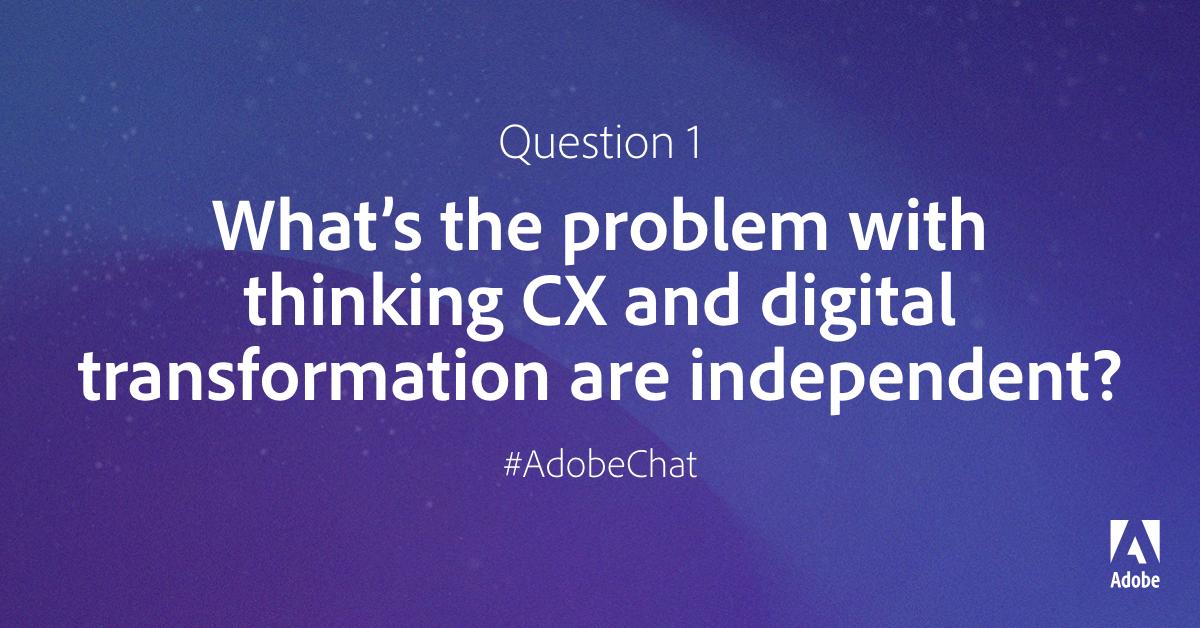
Q1: Definition: #Digitaltransformation is the pursuit of innovative & agile business & operational models — fueled by evolving technologies, processes, analytics & talent capabilities — to create new value and experiences for customers, employees & stakeholders.
Q1: In my research at @altimetergroup, I’ve found that advanced #digitaltransformation & #CX are linked. Focusing on customers gives DT purpose that unites the organization around innovation, delivers new value and brings about change that impacts customers + business
Q1: The problem with separating #DigitalTransformation and #CX is that, without a human-centered purpose, i.e. CX or #EX (employee experience), we emphasize the “digital” in digital transformation. We lead with technology and that’s a mistake that many companies make.
Q1: @lifescaleu shows how customers/orgs are connected also leads to a parallel thread of how employees and customers are connected. They/we are people and things like living a distracted life affects behaviors, well-being and happiness. This is a chance to add value!
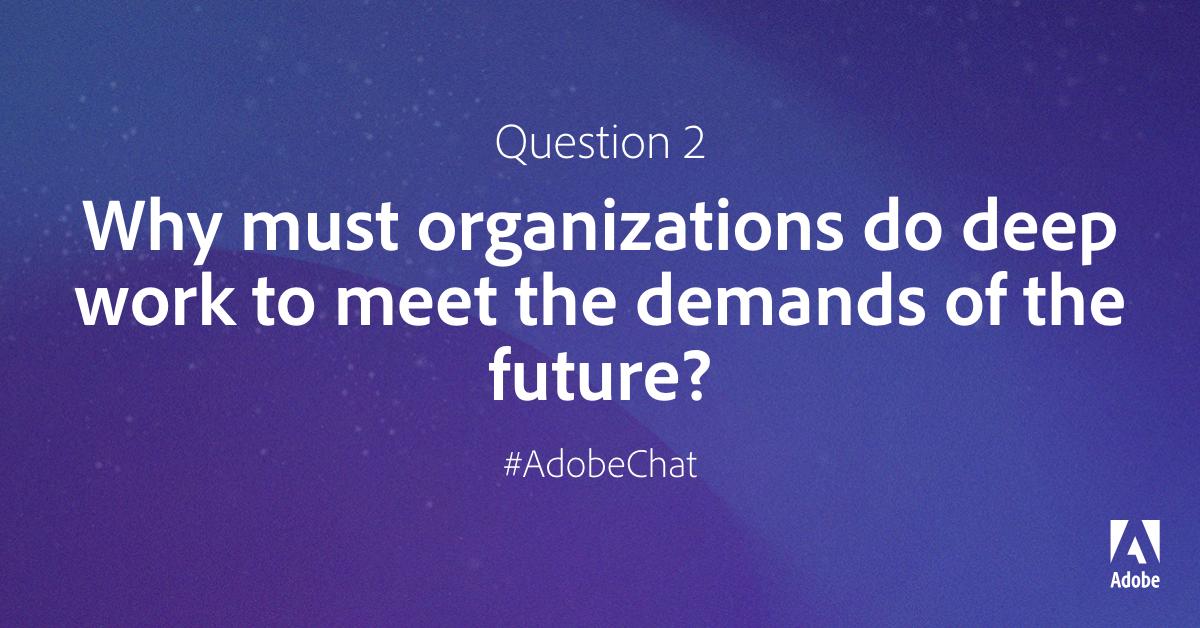
Q2: We live in a time of #DigitalDarwinism, technology and society evolve and so do markets. Investing in modern technology to modernize businesses is no longer enough. The key is to adapt business/operational models & innovate product/services to be relevant. 💡
Q2: Without the deep work, companies miss what it takes to truly be relevant, to compete in ways that survive and thrive #DigitalDarwinism. This is why #innovation inspired by the people (+ data) defining #CX and #EX are so vital to meaningful #digitaltransformation!
Q2: In my latest book @LifescaleU, I wrote directly to individuals and not executives for the first time. It was intended for them to see the need for deep work personally and professionally…to see the value of human centeredness in #digitaltransformation 😁
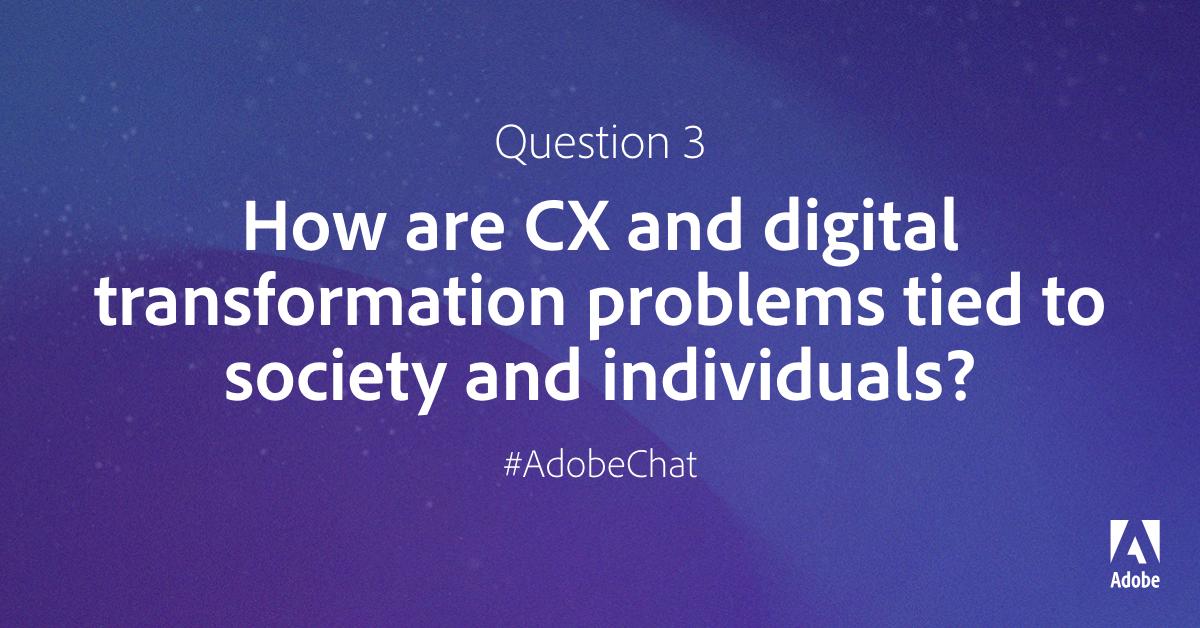
Q3: Customers, + you and me, are incredibly distracted, busy, multitaskers, who live life online, spending 4+ hours a day on mobile devices consuming the feeds of others while sharing slivers of our own lives. We are competing for attention in a time of personal chaos.
Q3: Without understanding + emphasizing customer & employee distractions and the effects of personal tech in their lives, we cannot guide #digitaltransformation and #innovation to deliver true, relevant value in every state of their life cycle. We’re missing humanity.
Q3: These insights lets us connect how individuals, consumers, employees & leaders all must do personal deep work and focus to impact the greater whole. We can also show how organizational problems in creativity, focus & purpose are inherently people problems.
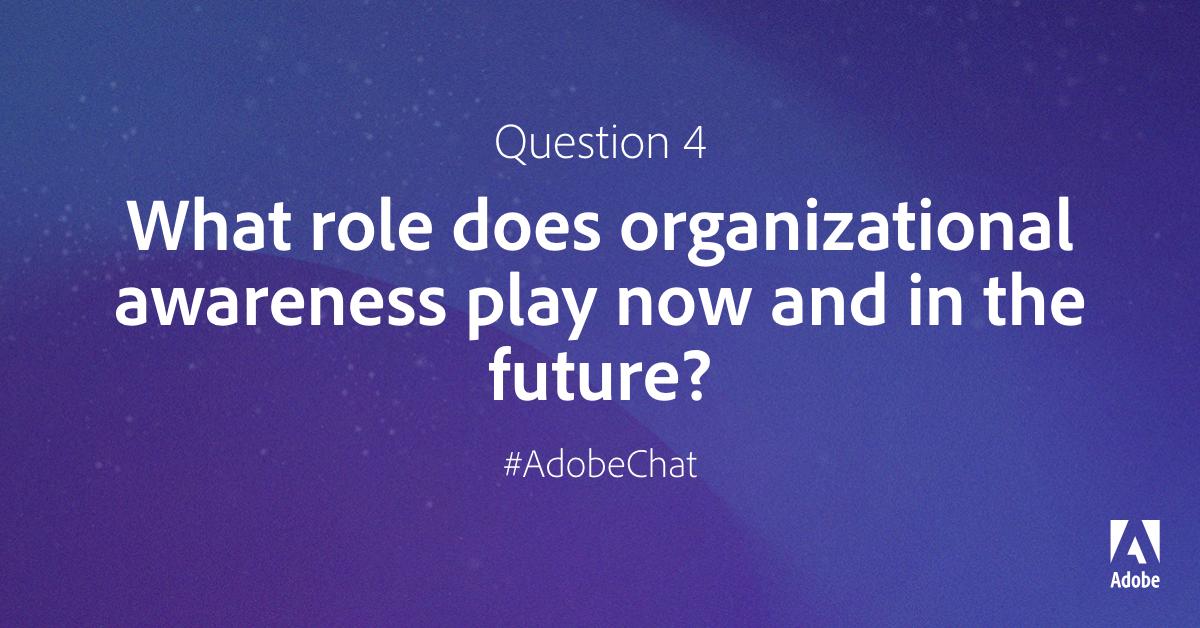
Q4: Organizations are too focused on dashboards, numbers and technology 🤖 instead of people, employees and customers. If we don’t know the problem, we won’t know where the huge opportunity lies. It’s human. It’s people. There’s a human side of #digitaltransformation!
Q4: The #1 challenge in #digitaltransformation and #innovation is organizational culture. It’s also the #1 catalyst in advanced orgs. This is a time to spotlight the humans inside and outside to become fully aware of the real threats/opportunities we’re dealing with.
Q4: Many organizations I study suffer from “out of touchness” where execs are not the customers and employees they’re trying to reach. They’re an incredible disconnect, which over time leads to “#experience divides” and sets the stage for #creativedestruction.
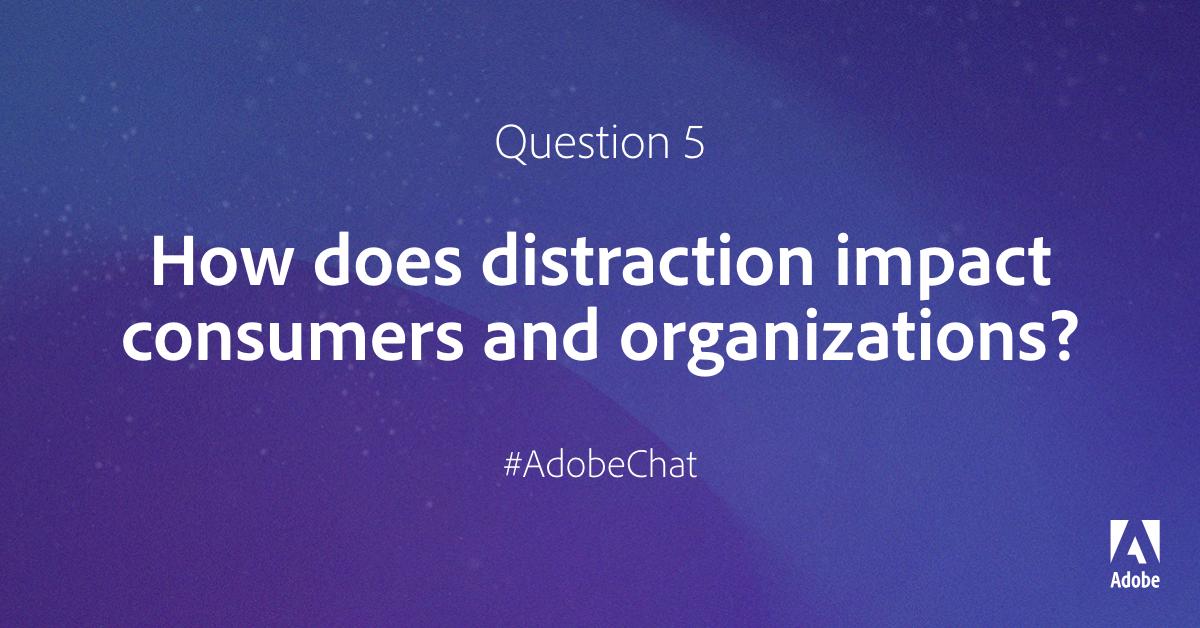
Q5: On average we are distracted ~200 times per day. We spend 4 hours a day on our phones. (not talking about those who are far more connected). Each distraction takes ~23 minutes to get back into the groove. We are all distracted in our own way without knowing.
Q5: Employees lose ~2 hours during their work day to personal distractions. This has tremendous costs to productivity and output. We #multitask, we move faster, our brains are less creative, our work is shallower, we are moving and reacting without space to innovate.
Q5: Even I was distracted. I failed 2 years ago to deliver what would have been my 8th book because I too struggled with distractions. My output stalled because I skimmed over the deep work. I couldn’t spark creativity. Meaningful transformation starts here. @lifescaleU
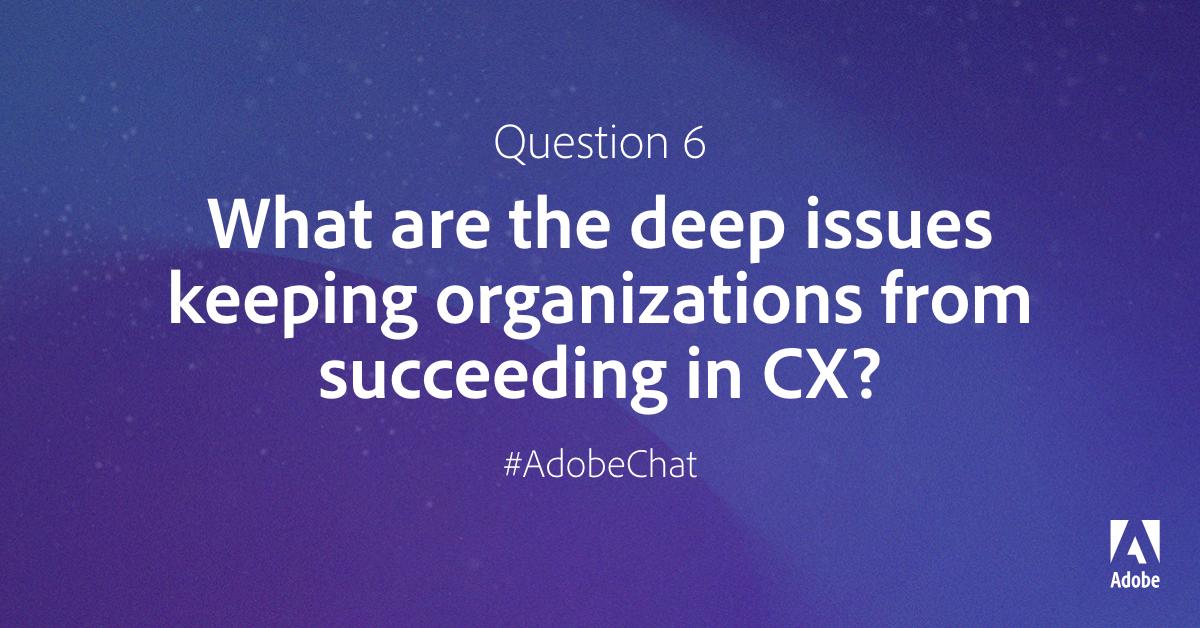
Q6: Where to start? Ironically, deep issues are tied to human roadblocks, i.e. egos, cognitive biases, ignorance/arrogance, fear, entitlement, et al. The other side is that change is seen as a cost center and not an investment in the long-term #shortermism
Q6: As #changeagents, we have to build bridges to colleagues, the C-suite and other stakeholders/shareholders/boards. They don’t know what they don’t know. So, we have to link the human story to business growth + value to customers/markets. Those that do, win.
Q6: When we miss the human issues, we miss true connection to customers and the ability to genuinely guide, inspire and empower employees in new directions. We all need to work on ourselves and help others to do so as well. @lifescaleU
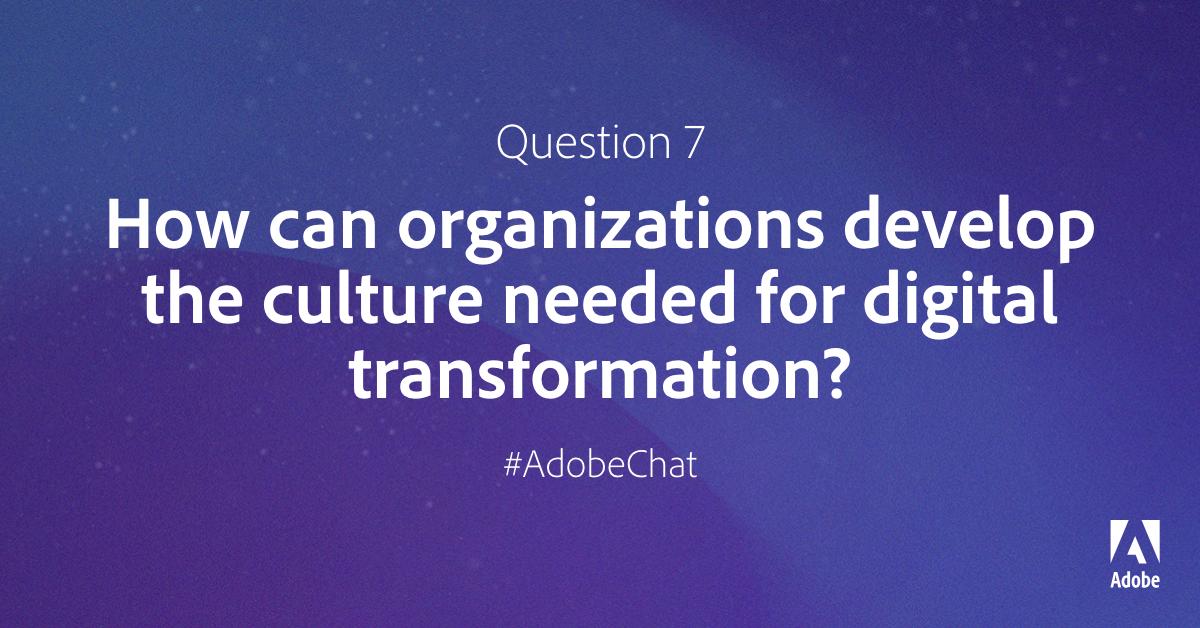
Q7: My friends at @gapingvoid have some of the best, most creative answers when it comes to designing cultures for #innovation by focusing on the emotions and aspirations of people through art and science. Here’s one such story.
Q7: #innovation #culture is intentional, purposeful, relatable, inspirational + cultivated. Culture is often not a priority nor is it largely understood by execs. It’s not a vision/mission statement. It’s not employee engagement. It’s the foundation of why we work.
Q7: #innovation #culture is the social construct for what binds & drives us. It’s why #EX is so important. We need to invest in motivation, learning, unlearning and also #digitalwellness to connect the dots between employee experience & customer experience! @lifescale
Can I take a minute to acknowledge all that is amazing about @Ross_Quintana? He’s genuine, compassionate, thoughtful, so so so smart, witty, sweet, funny, helpful, creative, and loving. Thank you for being a friend Ross. 🙌🏼
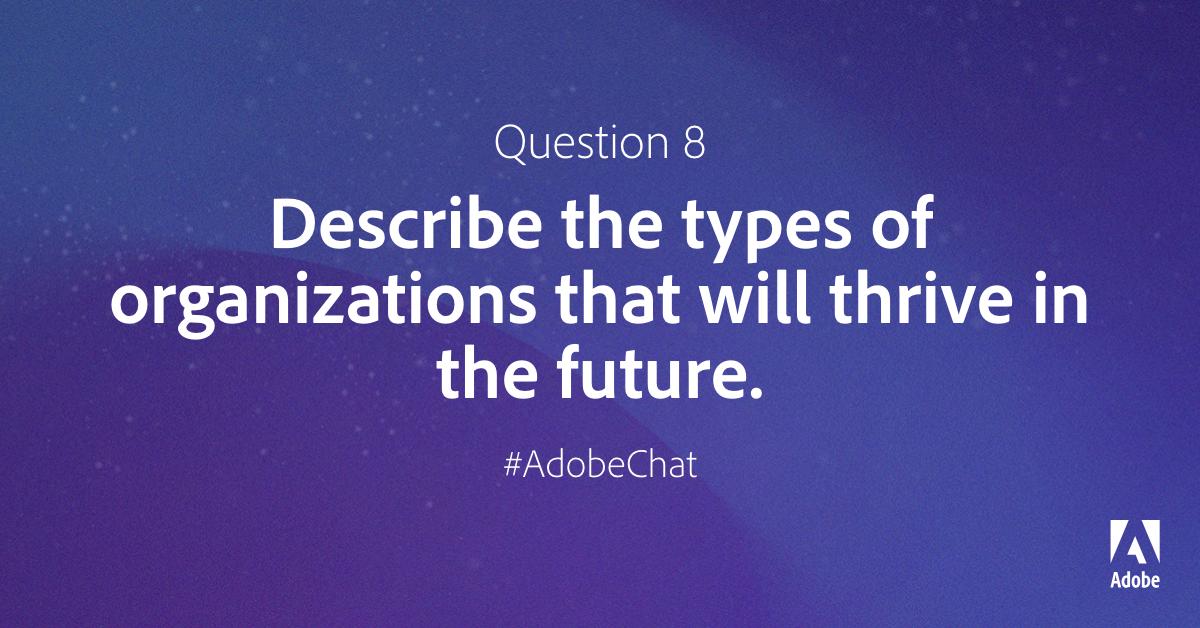
Q8: Successful orgs in #digitaltransformation + #innovation journeys are #agile #open #empathetic #flat #empowering #experimental #reflective #humancentered #adaptive #aware #directed and #motivated. This is a time for #leadership, not just #management + scale
Q8: Successful #digitaltransformation is shaped by data, social science, culture design, innovation + human beings. #Changeagents who challenge convention & unite everyone around a more meaningful and value-added future are the leaders we need right now. That’s you.
Q8: Define your values, find your purpose, define your vision, articulate success in steps, visualize your path forward, create an action plan, and take your first step…then the next one…and the next. Soon you’ll be far along and inspiring others to follow along!
Thank you 🙏 for this opportunity to be with you. I wanted to share these links to help you…
The Digital Change Agent’s Manifesto
The State of Digital Transformation
The Six Stages of Digital Transformation
Brian Solis
Brian Solis is principal analyst and futurist at Altimeter, the digital analyst group at Prophet, Brian is a world renowned keynote speakerand 8x best-selling author. In his new book, Lifescale: How to live a more creative, productive and happy life, Brian tackles the struggles of living in a world rife with constant digital distractions. His model for “Lifescaling” helps readers overcome the unforeseen consequences of living a digital life to break away from diversions, focus on what’s important, spark newfound creativity and unlock new possibilities. His previous book, X: The Experience When Business Meets Design, explores the future of brand and customer engagement through experience design.
Please, invite him to speak at your event or bring him in to inspire colleagues and fellow executives/boards.
Follow Brian Solis!
Twitter: @briansolis
Facebook: TheBrianSolis
LinkedIn: BrianSolis
Instagram: BrianSolis
Youtube: BrianSolisTV
Newsletter: Please Subscribe
Speaking Inquiries: Contact Him Directly Here
____________________________
Follow Lifescale!
Main Newsletter: Please Subscribe
Coaches Newsletter: Please Subscribe
Twitter: @LifescaleU
Instagram: @LifescaleU
Facebook: Lifescale University
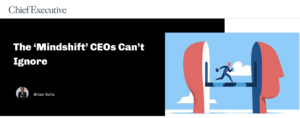
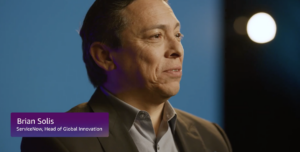
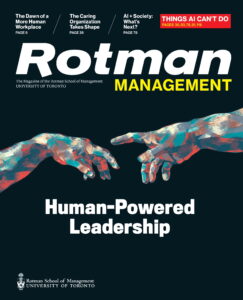


Leave a Reply